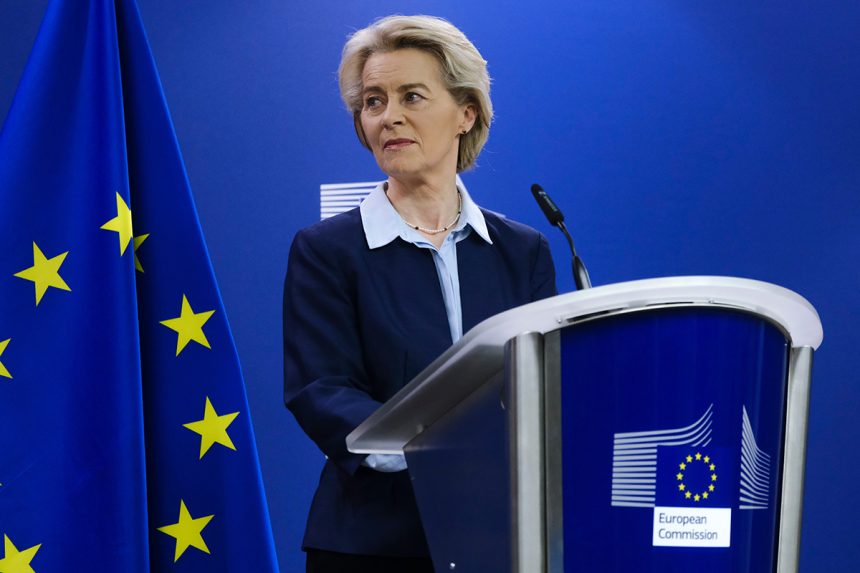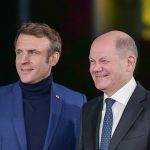As economic and geopolitical conditions continue to evolve, Ursula von der Leyen has stressed the importance of deeper integration within the European Union. In her role as the head of the European Commission, she advocates for structural economic reforms as a means to ensure long-term growth. Speaking at the World Economic Forum in Davos, she outlined a vision for an EU less dependent on external forces, particularly as global trade policies become more fragmented and less predictable.
Von der Leyen stressed that Europe can no longer rely on the economic principles that have supported its growth over the past 25 years. The EU has historically benefited from open global trade, affordable Russian energy, and security arrangements that often relied on external allies. However, with increasing geopolitical tensions and shifts in international policies, she argued that the bloc must take greater control of its economic future.
While she did not directly reference Donald Trump, her remarks appeared to respond to the protectionist stance of the new U.S. administration. With global markets becoming increasingly divided along new geopolitical lines, she highlighted the importance of cooperation to prevent a downward spiral of economic competition. The European Commission is now focusing on policies that will reinforce economic resilience, aiming to ensure the EU remains a strong and competitive global player.
Economic Reforms to Strengthen the EU
To support these goals, von der Leyen outlined key areas for economic reform. She announced plans to deepen the integration of capital markets within the bloc, citing that €300 billion in EU household savings is currently invested abroad each year. She argued that Europe does not suffer from a lack of capital but rather from inefficiencies in turning savings into productive investments, particularly in early-stage technologies with transformative potential. To address this, the Commission is proposing a “savings and investments union” that would create new financial products tailored to European investors.
Another priority is the removal of barriers within the EU’s single market, allowing businesses to operate seamlessly under a unified regulatory framework. This measure aims to enhance innovation and economic growth by ensuring that companies across the 27-member bloc can compete on a level playing field without regulatory fragmentation.
Energy security is also a central concern. Von der Leyen called for a new “energy union” that would permanently end the EU’s reliance on Russian gas. This proposal aligns with the bloc’s broader strategy of diversifying energy sources and accelerating the transition to renewable alternatives.
Commitment to Climate and Global Cooperation
Despite the shifting global political climate, the EU remains committed to its role in addressing climate change. Von der Leyen reaffirmed the bloc’s dedication to the Paris Agreement, underscoring that it remains the most viable global framework for climate action. This position stands in contrast to the United States, which has initiated withdrawal from the accord under Trump’s leadership.
While advocating for greater economic independence, von der Leyen also emphasized the strong economic ties between the EU and the U.S., noting that European businesses employ millions of American workers and that the U.S. remains a key supplier of gas to Europe. She signaled the EU’s readiness to engage with the new U.S. administration, aiming for early discussions on shared economic interests and potential areas of negotiation.
At a time when international trade policies are becoming more unpredictable, von der Leyen positioned the EU as a stable and transparent economic partner. She highlighted the bloc’s commitment to fair and rule-based economic practices, signaling that Europe intends to strengthen its global position through strategic reforms and international cooperation.





